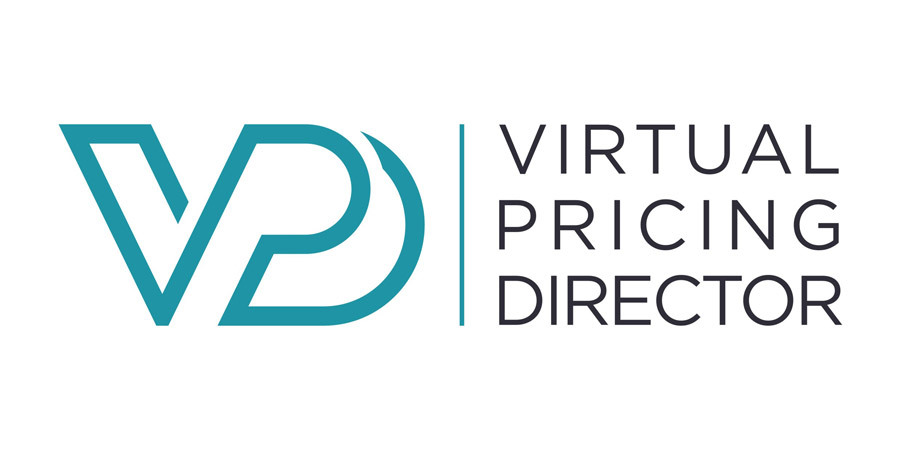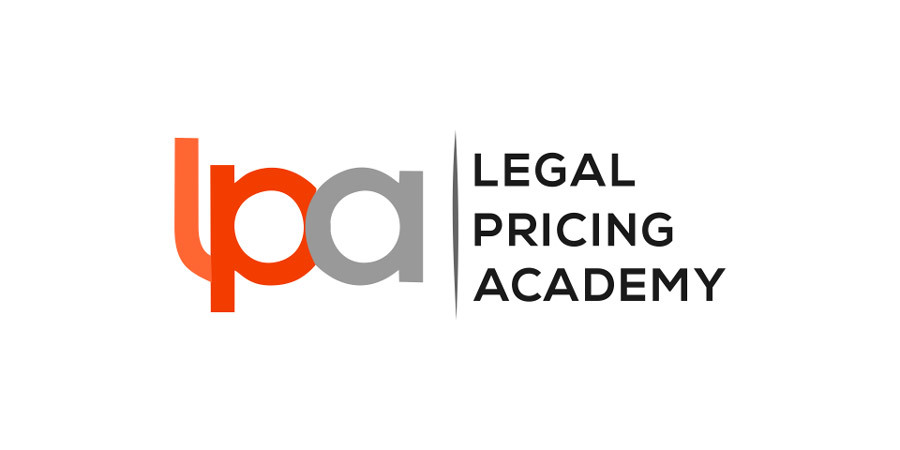The inexorable move towards fixed fee arrangements has tended to be driven by clients motivated by dissatisfaction with and distrust of the hourly rate regime coupled with a desire for greater cost certainty and manageability.

It won't have escaped any practitioners attention that there has been an inexorable move towards fixed fee arrangements. Generally speaking this has not been a development that has been enthusiastically embraced by the profession. Rather, it has tended to be driven by clients motivated by dissatisfaction with and distrust of the hourly rate regime coupled with a desire for greater cost certainty and manageability.
We often lose money on fixed fee arrangements...
Conversely, many in the profession do not like being put on the spot for a fixed price. It is not hard to understand why. Under the old model, all of the cost risk rested with the client. When you put a stake in the sand and agree on a figure, the cost risk moves back to the firm which now has a distinct vested interest in undertaking the work efficiently and cost effectively.
In addition to moving cost risk back to the firm, there is a perception amongst most practitioners that fixed-price work is often unprofitable, the particular matter goes off the rails and the firm ends up doing a lot of work for nothing. It is just a strategy that clients are pushing in order to keep their costs down.
All true – to a point. What is unfortunately lost on many practitioners is that if fixed pricing is handled correctly, it can in fact be very profitable; sometimes even more profitable than alternatives including time billing. Fixed pricing at the commodity end of the market is well understood by both lawyers and clients but there is a mistaken perception amongst lawyers that it is only highly predictable and commoditised work that can be undertaken on a fixed fee.
Threat or opportunity?
This misconception can be used to the advantage of more adventurous and courageous firms to set themselves apart from their competitors. Imagine for example offering all your commercial litigation for a fixed price (yes, there are actually firms already doing this!). So, how do you profitably and effectively manage fixed fee engagements on more complex work?
- Mine your historical records to build up an accurate picture of what has typically been required to undertake similar work in the past. This will include historical fees, staffing resources, billable time and timeframe parameters. Are you taking advantage of the latest purpose-specific legal pricing software such as Virtual Pricing Director® to accurately facilitate this?
- Consider where process efficiencies and economies can be achieved. This step is considerably more fruitful if it is undertaken in consultation with the client. Can new software or technology assist, is the client willing and able to undertake some of the donkey work, is the way we have always done it in the past necessarily the best way to do it going forward?
- Consider whether the client wants or needs the 'gold-plated' version of the job or whether a proportionately lesser solution is quite adequate.
- Scope the work properly. We cannot over-emphasise the importance of this because the failure to implement this step rigorously is usually the reason the wheels end up falling off the arrangement, at least from the law firm's point of view anyway. The nature and extent of the scope will have some relationship to the size and complexity of the project. In the case of a house purchase, the scope might consist of 10 bullet points. On a complex commercial transaction or piece of litigation, it might be 10 pages.
- Ask yourself what assumptions are being made by you and your client. There are always plenty of them. Scoping the work is a very good start but every scope of work will have some very important assumptions built into them. It is critical that these assumptions are identified and incorporated in the engagement documentation.
- Continually monitor progress. Having given a fixed price, the firm wants to do everything within its power to ensure that its own inefficiencies don’t result in a blowout.6) Manage change of scope swiftly and effectively. We often complain that ‘things go wrong’ and end up doing a lot of work for nothing because we have given a fixed price. However, if you have scoped the work properly, when an issue comes out of left field which is clearly outside both the scope and the assumptions, that is the point at which you must re-engage with the client and agree on a revised scope, revised timetable and revised price. Are you taking advantage of the latest purpose-specific legal pricing software such as Virtual Pricing Director® to accurately facilitate this?
- Do you properly understand the ‘price risk’ on the matter and how will you communicate that to the client with pricing options - another feature of Virtual Pricing Director®?
- Accept that as part of the learning process you will have failures. Too many practitioners whose early fixed pricing efforts meet with mixed success tend to conclude that it ‘doesn't work’. Don't beat yourself up when you get it wrong. Practice and persistence will be rewarded.

